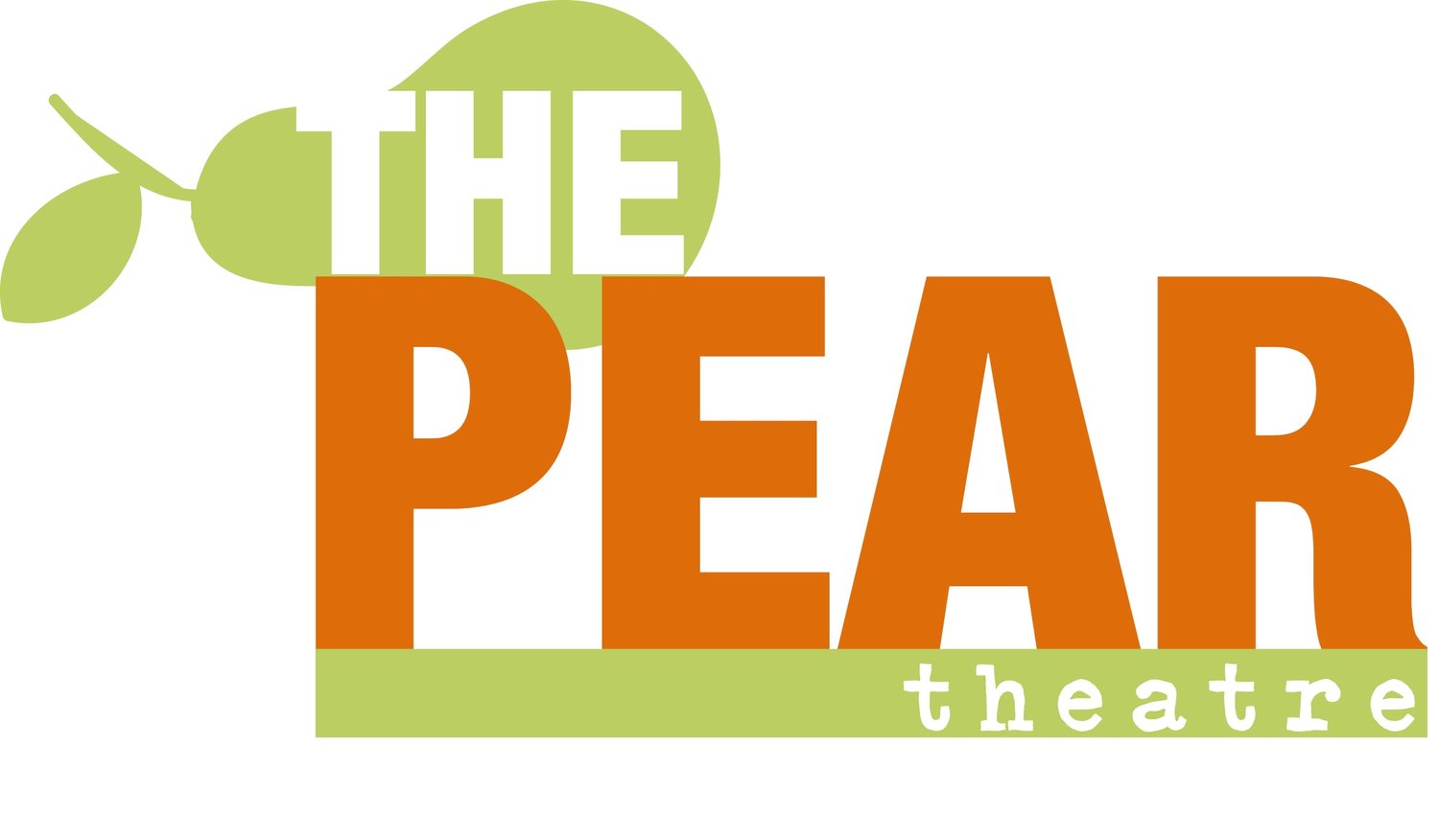For the past few years, the Pear Theatre has hosted a new play written by James Kopp, a local thespian with a unique voice — recent works include “Geeks vs. Zombies” and “Supervillain!!” I’ve seen every one of his plays, and now I have the good fortune to be in one.
Some people adore Kopp’s shows, others can’t stand them. He writes with an offbeat style, a naturalistic tone that is sometimes at odds with his subject matter. His humor is dark, his shows often packed with stage combat and copious amounts of fake blood. And he loves writing works that touch on pop culture and very topical issues.
But where I think James excels as a playwright is in his portrayal of people, particularly small groups of friends and allies that are the moral center of his works. They may disagree, often loudly, but their commitment to one another is never in question. This has never been more clear to me than now, playing a woman within a tight-knit circle in the upcoming premiere of “Girls Kill Nazis.”
Yes, the title is reminiscent of a bad 50’s B-movie and, like all Kopp plays (and befitting the title), there will be ample evidence onstage of horror-movie violence and gruesome trophies, as well as plenty of laughs along the way. And while some may come see and enjoy this play based on those facts alone, they will also find so much more to the story.
Girls Kill Nazis asks questions that are devastatingly current: how do we handle it when lifelong friends and partners suddenly take moral and political positions that are unsupportable to us? What can women do in a society that is encouraged to dismiss and demean them? When a government is increasingly oppressive, at what point do we abandon civility in pursuit of justice? When laws become immoral, is it moral to become a lawbreaker? And most poignant of all: are your true friends the ones that always agree with you? The ones that believe as you do, and support your pre-existing notions? Or are the best people in your life the ones that challenge you, argue your beliefs and values — while still listening, respecting, trying to understand, and having your back when the chips are down?
They say in theatre that every character in every play must change, from the beginning of the play to the end. In some plays this is a very large and dramatic change, other times the change is so small that only the actor sees it consciously. My character, Ruth, has been shattered by heartbreak and despair: pushed to become a lone wolf, a hardened warrior driven by anger and determined to mete out her own version of justice. During the course of the show she learns how to open up again, to trust and rely on those around her; making her less certain of her dogma but also less alone in her fight. In the end she will discover there were good people all around her, all along, which, to me, is James Kopp’s particular genius.
Amid the spectacular stage combat and spectacle we are reminded that what really matters is the people around you. That at times you can, and should, choose your tribe — and perhaps most especially when the world around you is in chaos, and danger looms on every horizon. That if anything can get us out of an apocalyptic mess, it will be the bonds of respect and affection that we nurture, the people who challenge us to be better than we are.
Girls Kill Nazis is a world premiere, previewing Thursday (11/8), and opening Friday night (11/9) at 8pm!
Pictured, left to right: Stephanie Crowley, Keith Larson
Pictured, left to right: Maria Costello, Director John Morrison, Jennifer Sorkin, and Stephanie Crowley.



